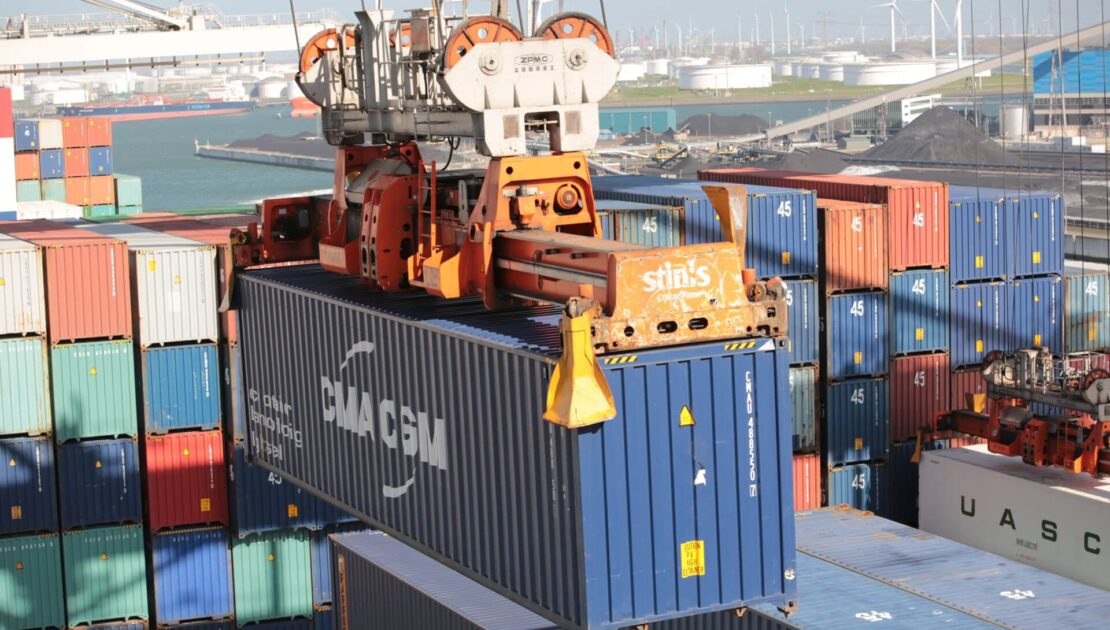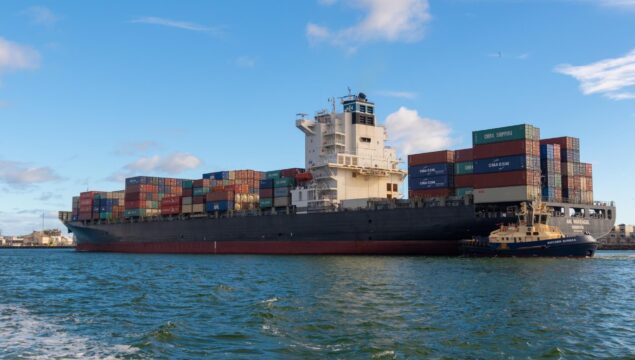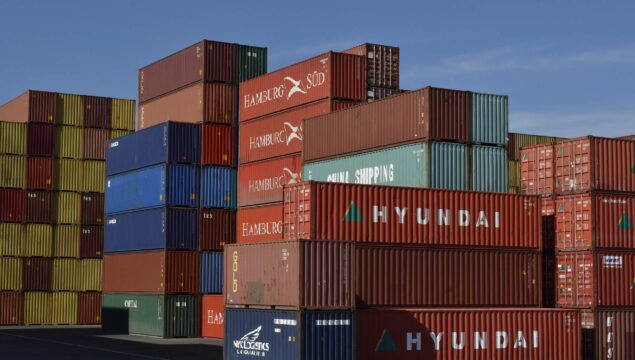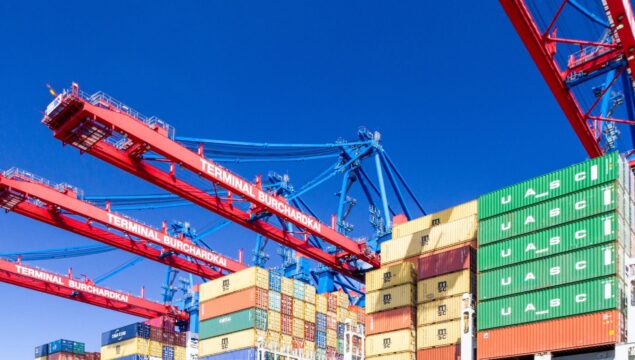The Exciting Times Ahead for the Shipping Industry
We have smart watches, smart houses, and smart cities, then why should the shipping industry be left behind? Latest technological advancements are transforming the shipping industry as we speak. Automated ships will provide
- Improved Efficiency
- Productivity
- Carrying Capacity
- Fuel Optimisation
- Remote Management
The Shipping Industry has to work on improved sustainability now that carbon emissions are at record high levels. Powered with a technological edge, automated ships will be able to achieve that with less manpower.
How Shipping Industry is Getting Transformed
#1 Artificial Intelligence & Machine Learning
Artificial intelligence and machine learning have wide range of potential applications in the shipping industry namely:
- Optimising Business Processes
- Vessel Maintenance
- Voyage Planning
Optimising decision making and safety is of prime importance for all the parties and stakeholders involved. More and more shipping businesses are embracing AI and machine learning to achieve a competitive advantage.
AI-based predictive positioning systems enable ship captains to predict, monitor, and bridge manoeuvres and movements of their vessel hours in advance. This ultimately increases the safety barrier with better-decision making processes.
Fuel optimisation systems are being integrated which are powered by AI/ML technologies opening up a wide range of possibilities and business opportunities for the shipping business. These are exciting times for shipping companies that are increasing their efficiency with cost-effective solutions whilst minimising the global carbon footprint.
#2 Augmented Reality
Augmented Reality is adding immense value to the shipping industry streamlining the end-to-end supply chain. AR can:
- Optimise Cargo Planning
- Aid maintenance and inspection
- Connect global teams
- Provide Hassle-free navigation
- Render Virtual port tours
- Help train employees of a shipping company
Offering virtual tours of the ports to all the stakeholders involved calls for effective planning with reduced downtime. It will help educate businesses about how shipping port works, help train employees and students, and most importantly connect the shipping world in one unified system. The shipping industry is not easily accessible to outside people and AR will widen possibilities and opportunities for new shipping businesses like never before.
#3 BlockChain Technology
Blockchain technology is not only used by bitcoins. It is being explored by many industries to effectively manage, store, and transfer data safely and securely.
The benefits of integrating this technology into the shipping industry will outweigh its cost since it integrates the supply chain from start to end and adds efficiency to the entire logistics process. Customers and clients would love to have access to the tracking status of their cargo in real time which would only make the job of the customer support team more efficient.
The Shipping Industry Future is Now
The shipping industry is undergoing a massive technological revolution. One of the oldest and most prominent industries is embracing new tools and resources as it was a little hesitant a decade ago.
Ports, ships, systems, processes, and supply chains are seeing the new dawn of the day with ambitious digitisation which will continue to add more sustainable solutions to the global network of logistics transport. Artificial intelligence, machine learning, augmented reality are some of the most safer, efficient, and productive options available which will be personalised sooner rather than later for greater outcomes.
While many shipping companies have adapted to the new ways of exporting and importing. We are not far behind the time when everyone in this industry would be able to access high-tech tools for greater efficiency in the long run.





